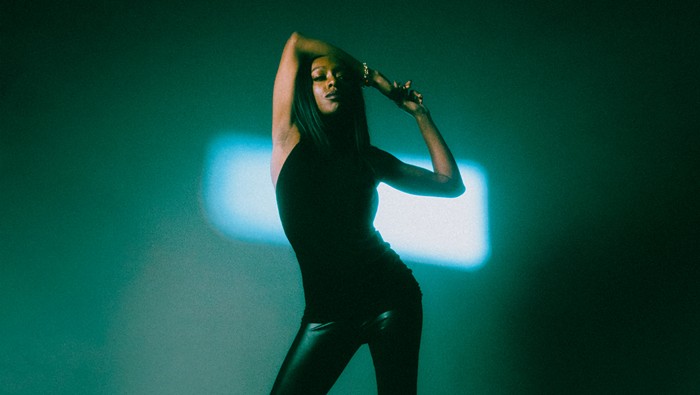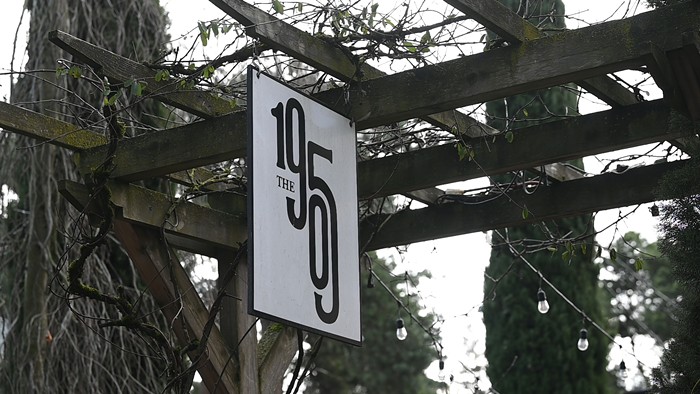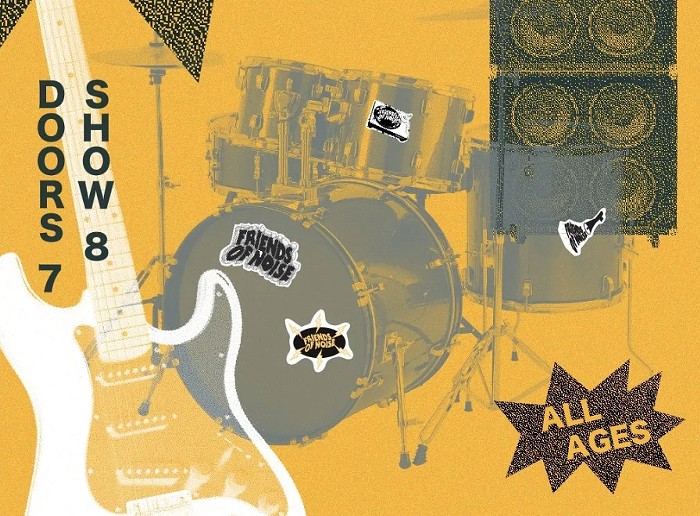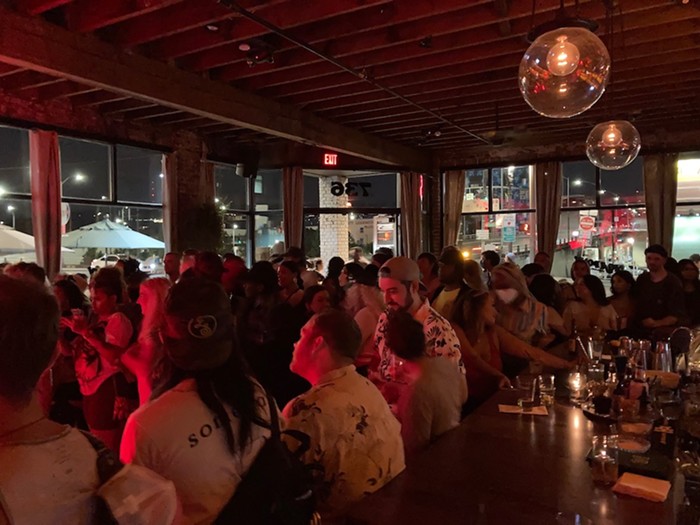Like a lighter that sparks and sparks but never quite catches fire, J. Nicholas Allard has long been a source of frustration to those waiting for him to realize the fits of promise that he has shown throughout the many incarnations of the Village Green. Whether picking an ill-fated fight with a crowd of drunks heckling his friends' band or smashing an irreplaceable '72 Telecaster onstage at a sparsely attended sushi restaurant, there has always been a quixotic charm to the singer's adventures that, though doing wonders for his reputation as a loose cannon, prevented his music from outshining his antics—until now.
Now Allard and the Village Green are poised to compete in one of the few genres in which Portland often fails to field a credible contender—radio rock. With a rasp that adds a hint of teen spirit to Liam Gallagher's familiar snarl (and songs that are as free and easy with copyright laws as Noel's), Allard's sound can simultaneously command the begrudging respect of snarky music journalists and, more importantly, the vast majority of this genre's devotees—who rightly don't prioritize experimental zeal above a solid backbeat and a catchy, well-harmonized chorus. The '90s proved that bands such as Nirvana, Oasis, and Blur could achieve radio success without compromising their sound, and the fact that the Village Green sound at times like all three of these bands doesn't hurt their chances either.
The seven songs on their eponymous debut EP (on Hidden Peak), never stray too far from the familiar trappings of the British Invasion and its descendents. "Under the Covers" is as fine a pop romp as anything on Supergrass' debut, while the beautiful guitar flourishes on album standout, "Get Up, Get Out, Get High," bring to mind George Harrison's weeping Gretsch. Only the aptly titled "Plastic Woman," which detours into John Lennon's gritty Plastic Ono Band territory, offers a glimpse of a darker, more difficult side to the band. But with all Allard's been through, it's understandable that he doesn't want to dwell too long on his troubled past—after all, he may finally have a bright future.


















